MUST-READ: Why Hugo Broos is right about SA’s football standards
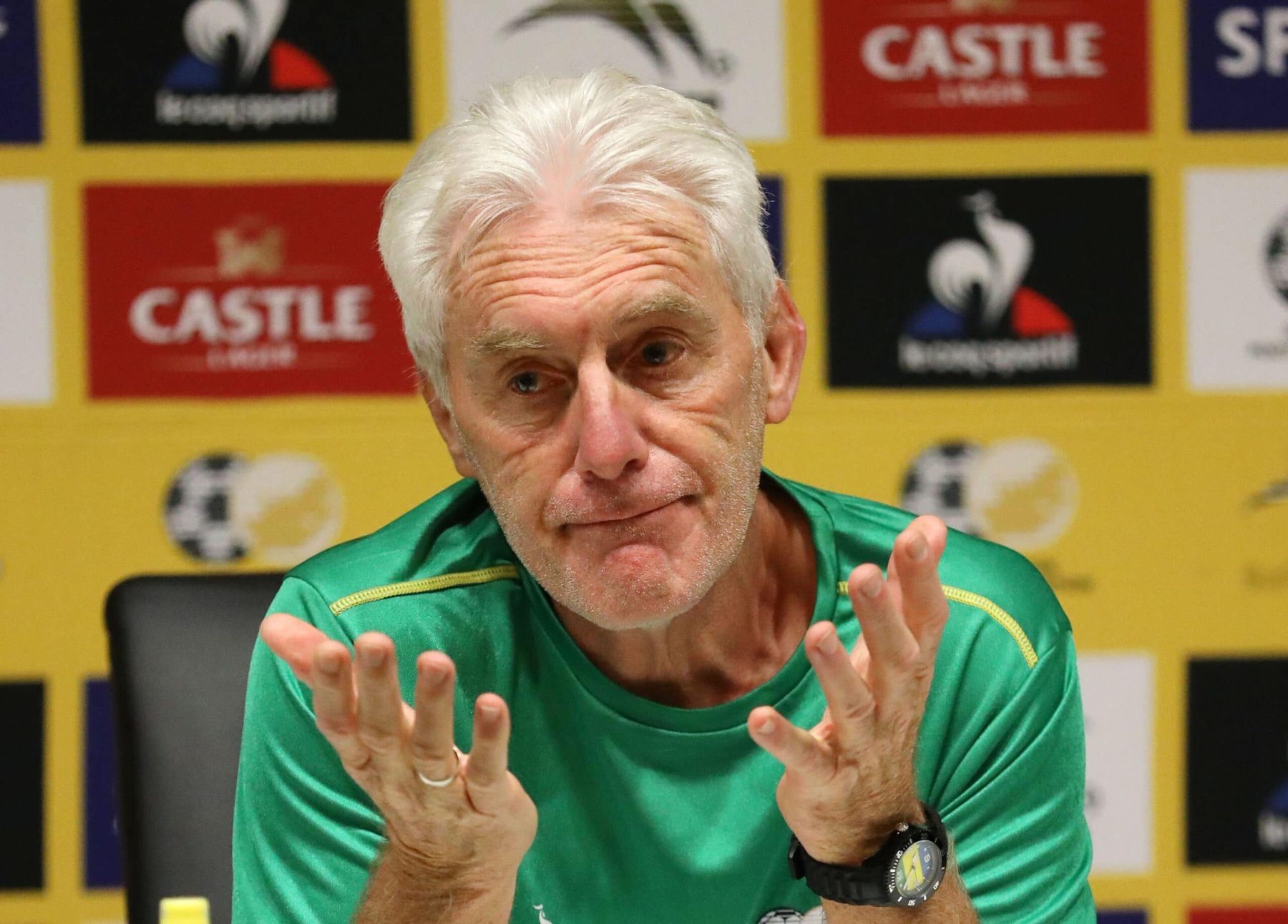
Hugo Broos has come under widespread criticism for his utterances about the standard of the local game, but if we scrutinise his statement with rationality without being emotional, the Belgian is stating facts. It is a pity that the football masses will blast and lambast the loquacious Belgian tactician for stating the facts.
Over the past decade, we’ve failed to produce top-quality talent that can compete in the elite European leagues. As a result, we’ve also struggled to consistently qualify for major tournaments (three Afcons and one World Cup).
The numbers are not lying. The so-called superstars like Andile Jali, Keagan Dolly, Tokelo Rantie, Bongani Zungu, Darren Keet, Kermit Erasmus, Percy Tau, Bongani Khumalo, Dylan Claasen, Bernard Parker and Tsepo Masilela couldn’t deal with the challenges and the pressures that come with plying your trade-in in the top 10 European leagues.
The majority of these footballers decided to return to the Premiership after struggling to make a significant impact against mega football stars in Europe.
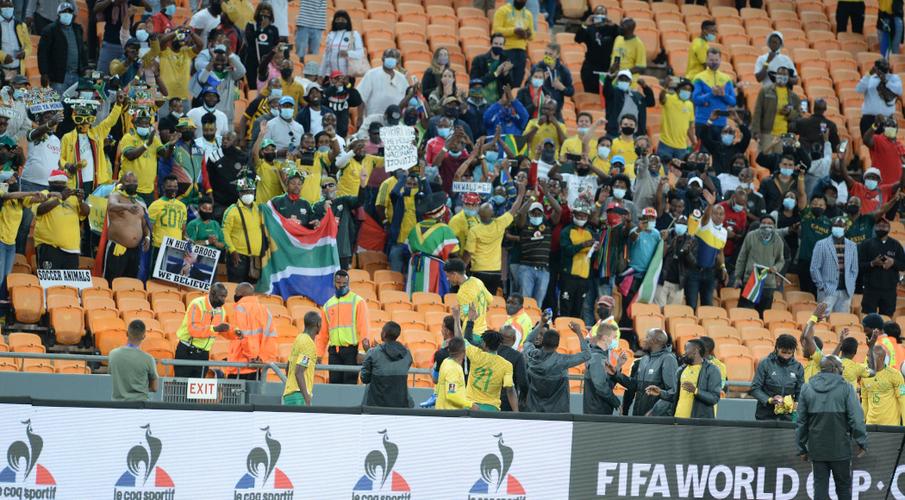
THE PRIME OF BAFANA BAFANA:
The meteoric rise of Bafana Bafana was when most of our superstars were plying their trade in the big leagues in Europe. The 1998 World Cup squad was dominated by European-based players who were competing in some of the biggest leagues across the globe.
Here are the names and leagues below:
English Premier League:
Mark Fish – Bolton Wanderers
Lucas Radebe – Leeds United
Spanish La Liga:
Quinton Fortune (21) – Atletico Madrid
Turkish League (it was big back then):
John Moshoeu – Fernebache
Helman Mkhalele – Kayserispor
Lebogang Morula – Vanspor
Alfred Phiri (23) – Vanspor
Italian Serie A:
Phil Masinga – Bari
Erideverse:
Benni McCarthy (20) – Ajax
Hans Vonk – Heeverveen
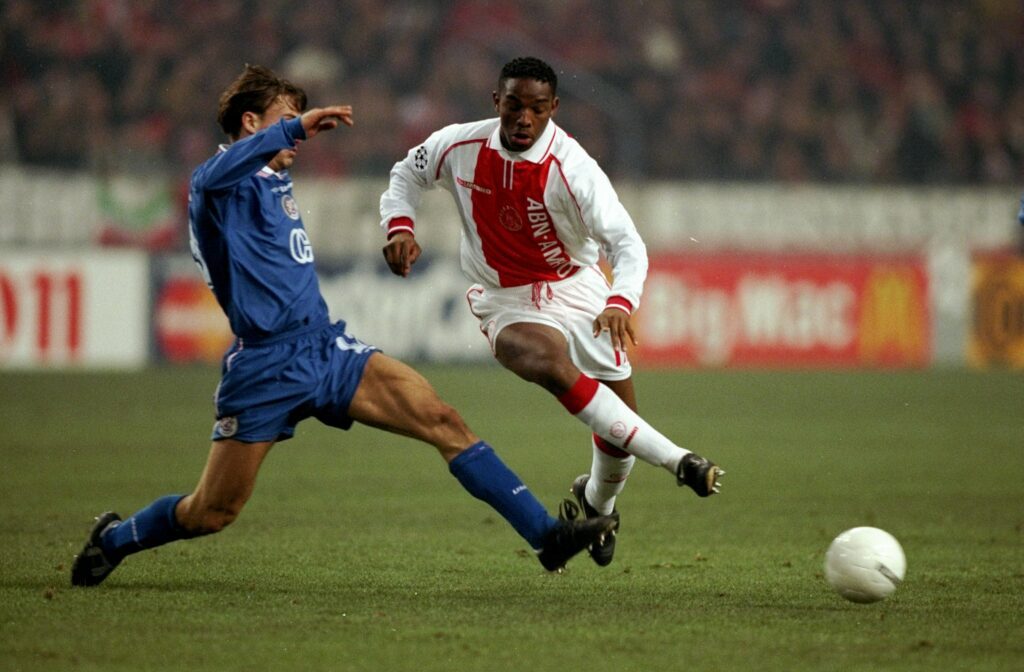
Germany:
Derlon Buckley (20) – Bochum
Denmark:
Brandon Augustine (26) – Lask
Switzerland:
David Nyathi St.Gallen
The 2000 Olympic squad and the 2002 Squad were also made up of the bulk of the players that were playing in top European leagues:
English Premier League:
Quinton Fortune (23) – Man United
Spanish La Liga:
Benni McCarthy (22) – Celta Vigo
Germany:
Derlon Buckley (22) – Bochum
Norway:
Emile Baron (21) – Lillestrom
Eredivisie:
Aaron Mokoena (19) – Ajax
The cream de la cream of 2002 also highlighted the importance of having more players competing against the best week in and week out in Europe.
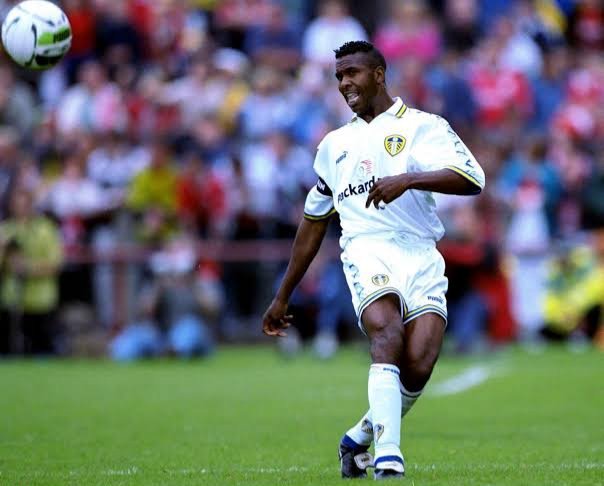
English Premier League:
Lucas Radebe – Leeds
Perrie Isa – Watford
Quinton Fortune – Man United
Eredivisie:
Steven Pienaar – Ajax
Hans Vonk – Heerenveen
Russian League:
Jacob Lekgetho – Lokomotiv Moskva
Bennet Mnguni – Lokomotiv Moskva
Bulgarian League:
MacDonald Mukansi – Lokomotiv Sofia
Germany:
Aaron Mokoena – Germinal Beerschot
Derlon Buckley – Bochum
Bradley Carnell – Stuttgart
Denmark:
Sibusiso Zuma – Copenhagen
Italian Serie A:
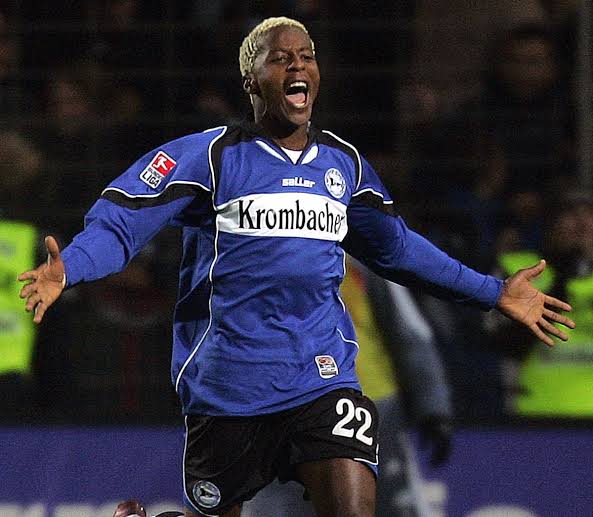
Siyabonga Nomvethe – Udinese
Portuguese League:
Benni McCarthy – FC Porto
Switzerland:
Teboho Mokoena – St. Gallen
George Koumantarakis – FC Basel
So, it is clear the prime of Bafana was when we produced the talent for the Europe market, and the majority of these players left when they were young.
THE RAPID DECLINE OF BAFANA BAFANA
Leaving late and coming back early
– As a country, we’ve struggled to export our top talent to top European leagues. After the likes of Steven Pienaar, Kagiso Dikgacoi, and Aaron Mokoena, we’ve seen a rapid decline in the exportation of talent.
Percy Tau v Benni McCarthy
– It may be not his fault, but Tau moved to Europe when he was 24. As a result of a lack of international experience, the talented left-footer was compelled to go on loan in search of proper game time in other European leagues.
Tau had no significant competition under his belt when he signed with Brighton Hove Albion. He played his first major competition in Egypt after establishing himself in the national first division in Belgium. He moved back to England after significant progress in Belgium but struggled to command the regular starting berth.
After three years in Europe, he was back in Africa. Here we are talking about our hottest property. When the iconic McCarthy moved to Europe, he was 20 years old. At 21, McCarthy made his mark in Burkina Faso with some dazzling performances in 1998. Six months later, all eyes were on him in the 1998 World Cup in France, where he didn’t disappoint. Two years later, he presented his country at the Summer Olympic Games in Australia. During all those years, he was making progress at club level. In 1999, Celta Vigo captured his signature in Spanish La Liga before joining FC Porto in 2002. When he moved to England in 2006, he was ready.
Lesson:
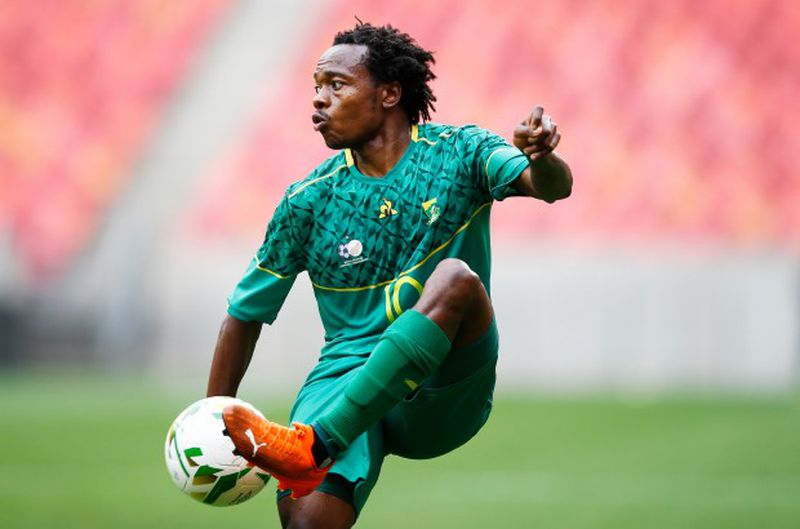
Let us move our players to Europe early so they can have adequate time to establish themselves.
Keagan Dolly v Derlon Buckley
Just like Percy Tau, the Westbury-born attacker made his European move at 24. He joined the French-based outfit, Montpellier. Dolly stayed in France for four years before returning home to sign with Kaizer Chiefs. On the other hand, Buckley moved to Germany when he was 18. At the age of 24, Buckley had the World Cup and the Olympic Games as one of the highlights of his career. He stayed in Europe for 14 years.
Lesson:
Let us move our players to Europe early so they can have adequate time to establish themselves.
Andile Jali v Eric Tinkler
It has become a trend in South African football to export our top talent to Europe at 24. That is late. KV Oostende scouted Jali after turning 24 years old. The midfield dynamo survived four years in Belgium before he joined Mamelodi Sundowns. This doesn’t help the national team. But when players move to Europe early, just like Tinkler, the national teams can progress. Tinkler made his big European move at the age of 21. He enjoyed an illustrious 14-year career in Europe.
Lesson:
Let us move our players to Europe early so they can have adequate time to establish themselves.
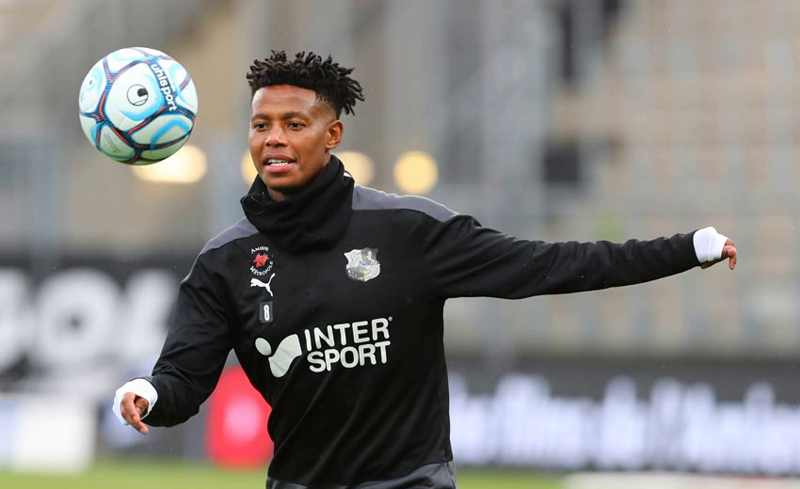
Bongani Zungu v Steven Pienaar
Murmurs are rife that he might also move back to the Premiership, but it remains to be seen where he might end up. Zungu joined Amiens back in 2016. He fluffed a glorious opportunity to progress in his career during his loan with Rangers in the 2020/21 season. The diminutive midfielder was also 24 years old when he moved to France. Currently, he is a free agent.
On the other hand, when Ajax signed him, Schillo was 19 years old. After spending five years in Holland, the German-based outfit captured the signature of Pienaar. He never looked back as he spent 10 seasons in the English Premier League.
Lesson:
Pienaar moved early to Holland and had five years to establish himself before moving to Bundesliga. He also made most of his loan spell in England with Everton. Zungu couldn’t grab his loan spell with Scottish giants Rangers with both hands. His off-the-field antics were his major demise in Scotland.
Tsepo Masilela v David Nyathi
Masilela had four seasons to establish himself with Maccabi Haifa in Israel. The former Chiefs left-back was more mature when he joined Getafe in Spain. Unfortunately, he sustained an injury in 2012. He then opted to come back to Chiefs after spending five years off-season. Masilela signed with Maccabi at the age of 22. He made his return, having played in two Afcons, Fifa Confederation Cup and the 2010 World Cup. The 1996 Afcon-winning left-back, Nyathi moved abroad when he was 26 but made most of his time in Europe.
Lesson:
You can be a late bloomer and make the most of your career. International experience can play on your side when age is not on your side. Winning Afcon and playing in the 1998 World Cup assisted Nyathi in building his reputation.
Bradley Carnell v Siboniso Gaxa
Siboniso Gaxa was late when he was transferred to Lierse in Belgium. After two seasons, he decided to come back and join Chiefs. Gaxa was 28 years old when he came back. Carnell is another typical example of why moving to Europe at an early age is essential. He spent 10 years abroad, having moved at 21.
Lesson:
Let us move our players to Europe early so they can have adequate time to establish themselves.
The debate has been rife regarding the future of Andile Jali and Themba Zwane in the Bafana setup under the tutelage of Hugo Broos.
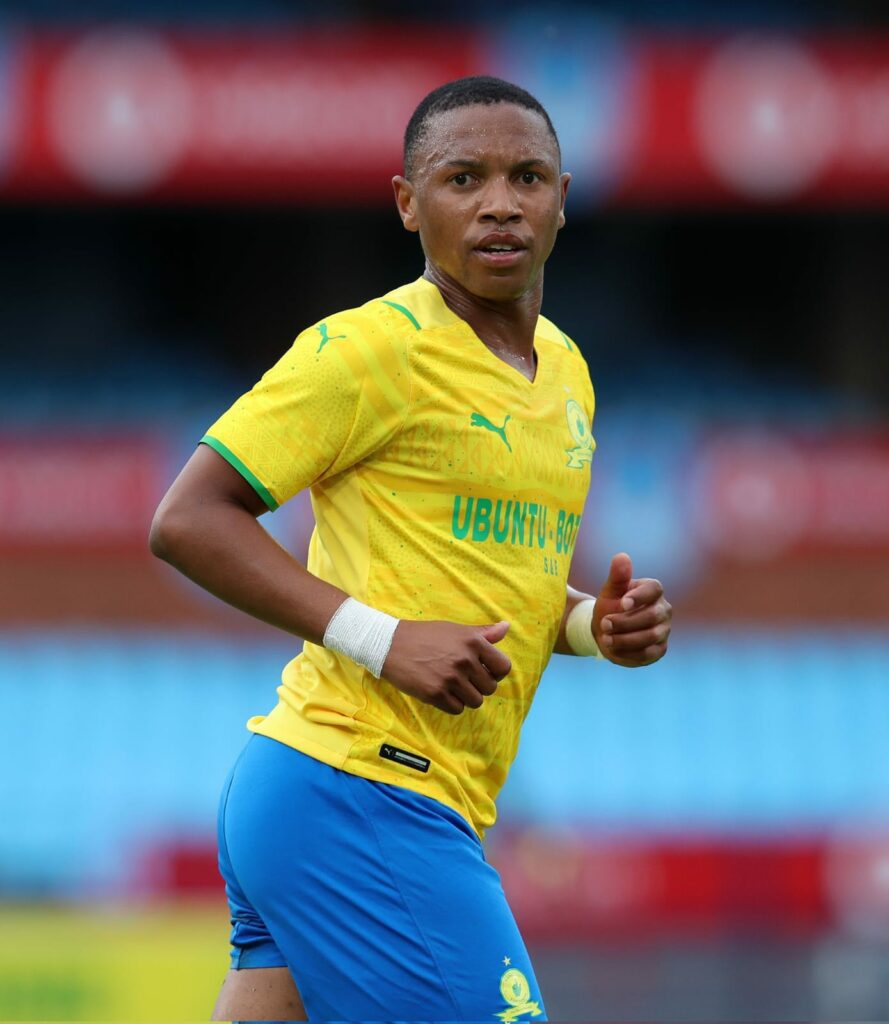
The pair are on top of their game at Mamelodi Sundowns. The football lover compared these two fine footballers with the likes of Cristiano Ronaldo, Pepe, and Joao Moutinho, who all play for Portugal and are all going strong in the twilight of their careers.
The lovers of the beautiful have even suggested that age is just a number. They all believe Bafana would have had a better chance of qualifying for the World Cup if Broos had drafted them into the squad against Ghana.
The issue of ageing players in the national team compared to other countries across the globe:
What have Jali and Zwane done for Bafana in the past?
– We failed to book the ticket to Equatorial Guinea and Gabon in 2012 when Andile Jali was part of the squad under the regime of Pitso Mosimane. Gordon Igesund took over the coaching reins, and we failed to go to the World Cup in Brazil. Jali has amassed 40 appearances in the past decade and represented Bafana Bafana in one major tournament. Why don’t we give opportunities to Thabo Cele, Siphelelo Sithole and Teboho Mokoena, who are all promising upcoming midfielders? At 32, Jali has only played one major tournament for his country. Themba Zwane made his Bafana Bafana debut in 2014 at the age of 25. He only featured in his first major tournament when Bafana qualified for the Afcon in 2019. In the previous Afcon, we couldn’t qualify with the likes of Zwane when we needed to finish second. If these two players were household names like the late John “Shoes” Moshoeu, Lucas Radebe, Macbeth Sibaya and Siyabonga Nomvethe, it would be understandable to put pressure on Broos to select them. That’s why Radebe featured in his last World Cup back in 2002 at the age of 33. He was still playing at the highest level and featured in the previous World Cup in 1998, and won the Afcon with Bafana in 1996. He boasted a wealth of experience. Moshoeu was 33 when he played in the 1998 World Cup. No one questioned his age as he was still going strong, playing at the highest and winning the Afcon in 1996. The duo of Nomvethe and Sibaya were 33 when they featured in the 2010 World Cup. They both had a proven record with Bafana at international level and played for so many years in Europe.
What has Ronaldo, Moutinho and Pepe done for Portugal in the past?
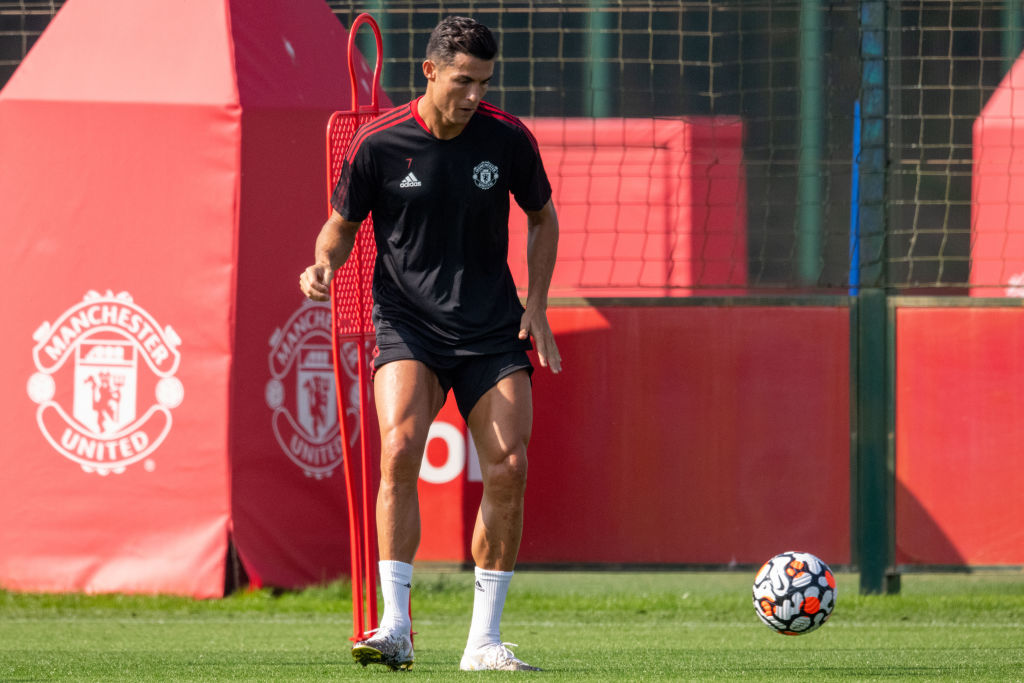
Portugal have built their squad around the veteran players like Ronaldo, Moutinho and Pepe because they have all proven themselves on the international stage. They are all still competing at the highest level.
PSL challenges:
Premier Soccer League rules that prevent clubs from acquiring certain sponsorships:
– Two weeks ago, I watched the nail-biting rugby match between the Blue Bulls and Sharks at Loftus Stadium. The action was exhilarating from start to finish but what caught my eye was that the Bulls were sponsored by World Sports Betting while the Sharks were partnering with Hollywoodbets.
In the local game, the betting companies are not allowed to sponsor local teams. In England, I’ve witnessed numerous clubs that these betting companies support. They are also prominent in other African countries. Why do we deny local clubs an opportunity to enhance their financial muscles?
That’s why we will continue to have Mamelodi Sundowns dominating our league for many years. Most clubs’ only mode of survival is to sell their best talent. R10 million per season that these betting companies could invest in different clubs will make a significant difference.
It will also allow other clubs to compete in the market. Running a club without a sponsor is no child’s play. The R2 million grant is not enough to compete against Sundowns. There’s travelling, accommodation, daily logistics and salaries for players, the technical team and the supporting staff.
Let us open the market for these betting companies so that the clubs can improve their financial budget. By so doing, we will have competition. We will also eliminate the buying and selling of clubs.
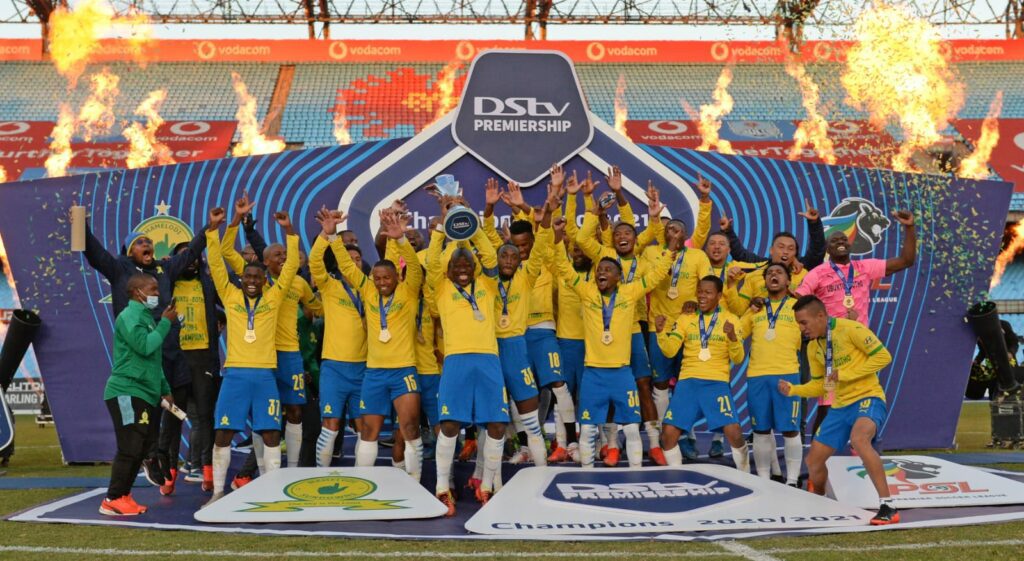
Big cooperate companies not investing in the local game
Big cooperate companies sponsor most rugby teams. We have ‘Cell’ Sharks, ‘Vodacom’ Bulls, ‘DHL’ Stormers, ‘Toyota’ Cheetahs, ‘Windhoek Draft’ Griquas, Airlink Pumas and ‘Sigma’ Lions. Local cricket franchises are also sponsored. The Dolphins have Hollywoodbets, Lions boast Imperial, Titans are partnering with Momentum, the Rocks have Gbets, Cobras have Six Gun Grills, and Itec sponsors the Knights.
In football, it is a struggle for the majority of the clubs. Most black people in South Africa consume KFC, but you don’t see this brand in football. Back in the days before the 2009 recession, clubs like Arrows, Ajax, Thanda, Celtic and Santos used to have frontline sponsors, but it was a struggle for the so-called small teams to acquire sponsors.
Losing top talent due to ill-discipline
We’ve lost plenty of good-quality talent due to off-the-field problems. Over the years, talented players like Jabu Mahlangu, Mbulelo Mabizela, Naughty Mokoena, Junior Khanye, Lerato Chabangu, Masibusane Zongo, Ninja Mofokeng, Philani Khwela, Patrick Mbuthu, Junaid Hartley, Jeffrey Ntuka and Boy-Boy Mosia have all gone to drain. Most of these players could have easily made the grade in top European leagues, but they lacked property guidance on handling fame.
YOUTH FOOTBALL: Grassroots football challenges:
Lack of good facilities
Most black communities, especially those that speak Nguni languages, lack proper facilities. The state of our pitches is below par. The government is also not doing justice in improving these facilities. On top of that, we are overcrowded. You’ll find that there are about six teams or even more training simultaneously on one pitch. When do you do drills like finishing, crossing and small-sided games? And then we will be in a situation where you have a naturally gifted player playing in these bad pitches and an unstructured league scouted by PSL teams at the age of 16 or 15. At that age, he should be ready to compete internationally by playing for his Under-17 national team. Still, the Academy coaches have to polish the basics in talent showing potential. That’s why we will have players moving to Europe later (at the age of 24) because they skip specific periods of development.
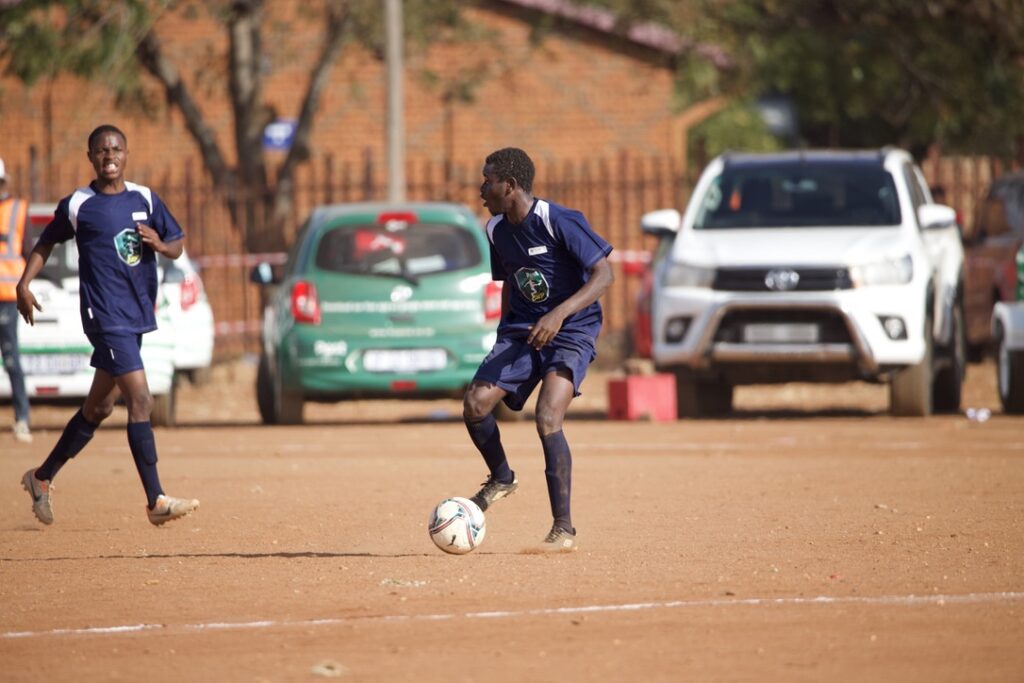
Transport issues that decrease competition in local football association (LFA)
If you want to move to better facilities, you require transport. I once owned a development team. Because of the lack of facilities in my township (KwaMakhutha), I was forced to find a place in Amanzimtoti. It was in a suburban area and had good facilities.
Transport cost us R1000 for training per week for four days plus R250 on match days. We needed a budget of R4 000 per month to cover transport expenses. The other challenge on match days is that teams couldn’t keep up with times. Under 11 matches will commence at 9am, and most teams couldn’t get all their players on time before 9am.
If you arrive 15 minutes later, the opposition will get the walkover. Some teams wouldn’t pitch up because they couldn’t generate enough money to compensate the taxi driver. As a result, we had many walkovers. We were affiliated with Isiphingo Local Football Association.
Durban Central was more competitive, but the transport budget would be our major problem. In my township, the league lacked proper structures. Teams were playing without MySafa cards which resulted in a lot of age cheating in search of victory.
Lack of trained coaches at LFA levels
– Our team strived to have more coaches doing their coaching badges. I also did my Safa and Cosafa D Licence. That course is essential for any coaching at grassroots level. We will produce well-educated players if we can have more trained coaches at LFA levels.
Greediness from football owners
We conducted football trials at Cato Manor for two seasons for TS Galaxy FC. We discovered a highly talented left-wing-back with great technique. The boy was sent to Johannesburg to train with the reserve team. The coaches were also impressed by his talent.
Unfortunately, the boy was groomed by a famous academy which refused to release his clearance. He is now in Durban with another DStv Premiership club, but the owner of the academy is still refusing to release his clearance. I understand that they might have spent more on grooming the boy. That’s fair. But how about letting sanity prevail for the boy’s career? The boy would have been in his second season in top-flight football.
Politics
Top academies ended up losing top players because of the coaching politics at youth level. Most coaches don’t get along at youth level. Players are the ones that suffer the most.
Agents working for their pockets
– Football is a two-way street. It is all about having a successful football career and at the same time earning good salaries. But we’ve seen players making wrong career moves. An agent will be attracted to the deal because of the good financial gains from their perspective. Percy Tau’s move to Al Ahly is an excellent example of that.
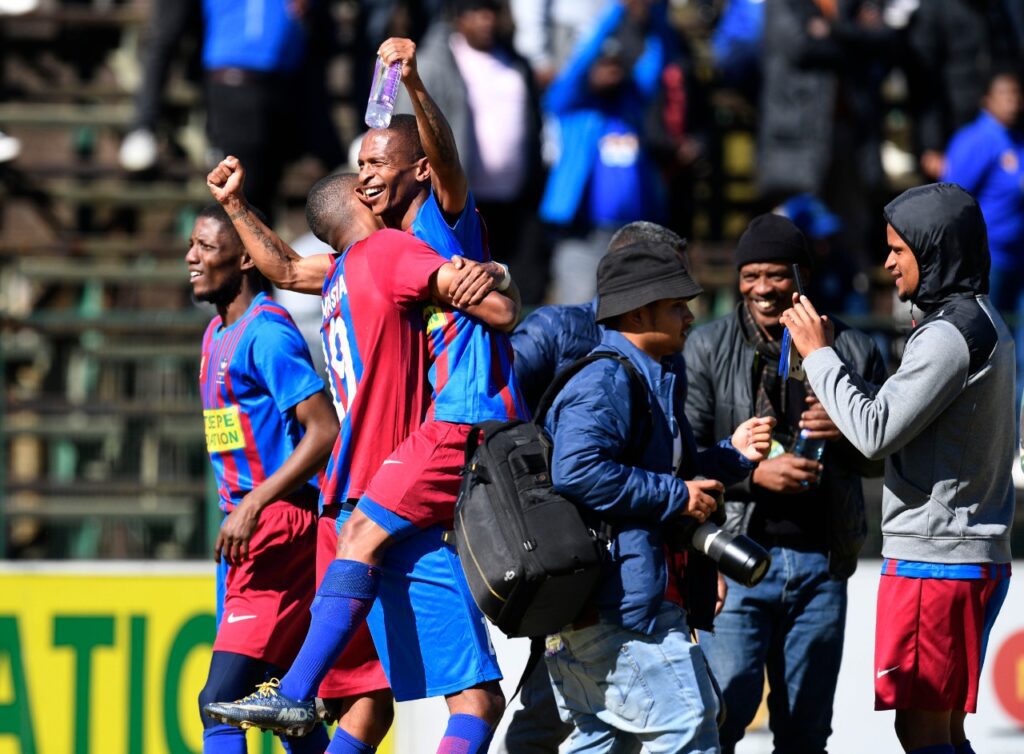
Semi-professional setups
Corruption in the ABC Motsepe League and SAB League
If you don’t have deep pockets in these two leagues, you’ll forever be fighting for survival. It is even worse during the national and provincial play-offs. The corruption is seriously bad.
Lack of competition in the DSTV Diski Challenge
The gap between PSL and the reserve league is enormous. Most teams prefer to loan their reserve players to GladAfrica Championship clubs. Percy Tau and the late Modjeka Madisha are good examples of that. Lamontville Golden Arrows is the only team that has done well promoting players who have made an immediate impact in the elite league. Apart from Arrows, most teams have struggled. TS Galaxy is starting to come to the party with the likes of Ethan Brooks, Aphelele Teto, Mike Sebelebele, and Nkosikhona Radebe.
By Minenhle Mkhize